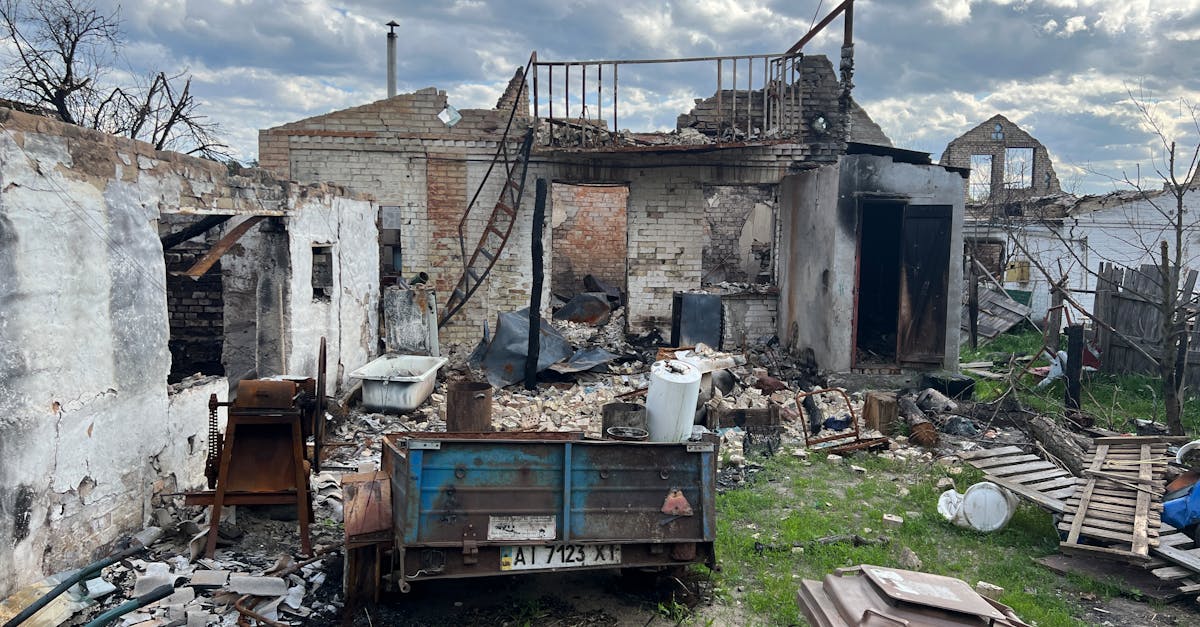Published on:
8 min read
Mastering the Market: Strategies for Buying Distressed Properties
Investing in distressed properties can be both a lucrative opportunity and a daunting challenge. Understanding the key strategies can help you navigate this niche market effectively and maximize your returns.

Understanding Distressed Properties
Distressed properties refer to real estate that has fallen into disrepair or financial difficulties, which may include foreclosures, short sales, or uninhabitable conditions. Before diving into this market, it is essential to understand the reasons behind a property's distress. This knowledge will empower you to make informed decisions while evaluating potential investments. Conduct thorough research on the property’s history, neighborhood dynamics, and market trends. Familiarity with local laws governing distressed sales can also be beneficial, as it helps prevent legal complications down the line.
Financing Your Investment
Many buyers face challenges with financing distressed properties, especially if they require significant renovations. Traditional lenders may shy away from these deals, making it essential to explore alternative financing options. Hard money loans, private investors, and crowdfunding are some alternatives. Additionally, consider securing a renovation loan, which bundles your purchase and repair costs, allowing you to finance the entire project in one go. Having a robust financial plan not only enhances your purchasing power but also ensures that you stay within budget as you rehabilitate your new investment.
Assessing Repair Costs and Investment Potential
A critical part of investing in distressed properties lies in accurately estimating repair costs. Securing a reliable contractor or inspector to evaluate the property's condition can provide a clear picture of potential expenses. Create a detailed budget that accounts for both repairs and any unforeseen costs. Furthermore, assess the investment potential by analyzing the property’s after-repair value (ARV). This helps you understand what the property could sell for post-renovation, allowing you to determine if it is worth the investment. By balancing repair costs against the expected return, you can make sound investment decisions.
Conclusion
Buying distressed properties can yield remarkable profits when approached with the right strategies. By understanding the market, securing appropriate financing, and accurately assessing costs, investors can transform these challenging opportunities into successful ventures. Diligence and informed decision-making are your allies in mastering the market.
Published on .
Share now!










